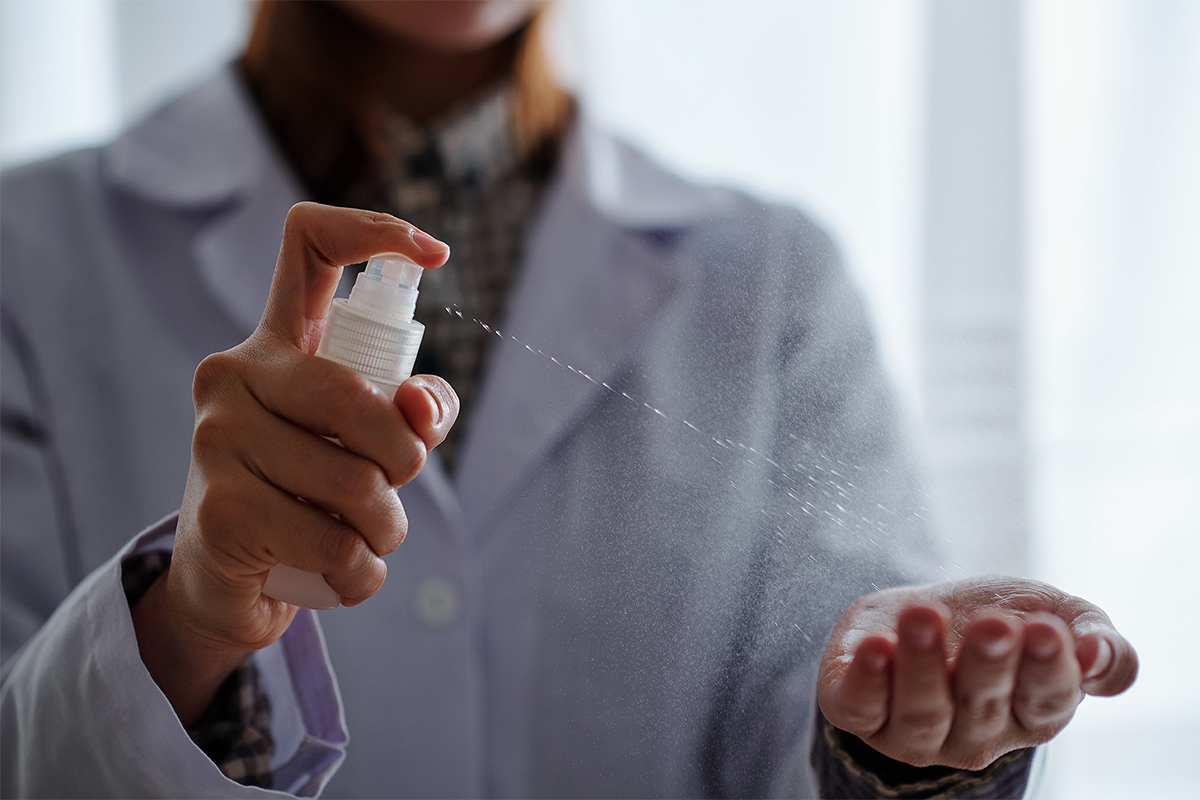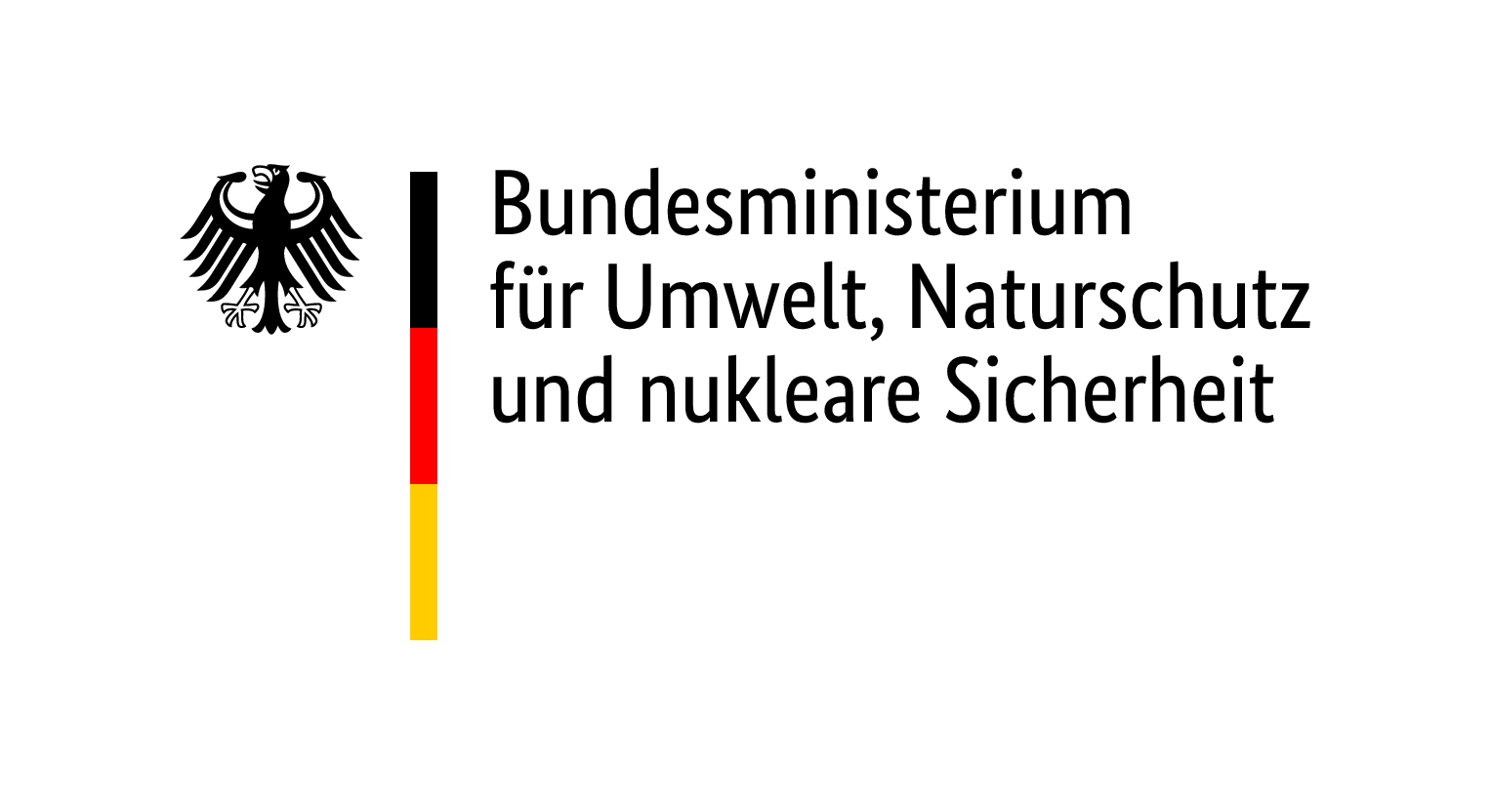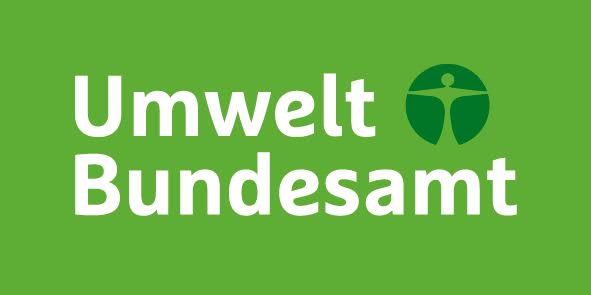Promoting safer disinfectants in the healthcare sector - SAICM 2.0
Contact: Arianna Gamba
Quick link: Project Documents
 Disinfectants are widely used in healthcare settings - they are essential to prevent cross contamination, outbreak of diseases, and hospital-acquired infections. Yet, the biocidal active substances that are so effective at disinfecting products, surfaces, and skin also pose a variety of potential hazards to human health and the environment. Health Care Without Harm (HCWH) Europe is coordinating the SAICM 2.0 project, which aims to combat these unintended hazards by promoting safer, more environmentally friendly disinfectants without compromising on hygienic and occupational health standards.
Disinfectants are widely used in healthcare settings - they are essential to prevent cross contamination, outbreak of diseases, and hospital-acquired infections. Yet, the biocidal active substances that are so effective at disinfecting products, surfaces, and skin also pose a variety of potential hazards to human health and the environment. Health Care Without Harm (HCWH) Europe is coordinating the SAICM 2.0 project, which aims to combat these unintended hazards by promoting safer, more environmentally friendly disinfectants without compromising on hygienic and occupational health standards.
By expanding procurement and health professionals’ knowledge of the health and environmental impacts of disinfectants, they can align their procurement criteria with healthcare’s healing mission and reduce the risks associated with disinfectants. The SAICM 2.0 project, financed by the German Environmental Agency, builds upon the pioneering work of the Viennese Database for Disinfectants (WIDES) and aims to broaden its application worldwide.
Goals of the project
This two-year project intends to promote the use of safer and more environmentally friendly disinfectants without compromising hygienic and occupational health standards.
The aim of the project is to reduce the emission of hazardous substances in the environment and thereby contribute to the implementation of the WHO Chemicals Roadmap and the UN SAICM process. These objectives can be achieved by: the adjustment of purchasing criteria for disinfectants in the healthcare sector, expanding the knowledge of purchasers about the environmental burden of disinfectants, and a more careful use of disinfectants.
Over the longer term, the project will encourage transparent reporting about the application of disinfectants and increase the amount of data relating to occupational health and environmental protection. This, in turn, will ensure that hospitals and the manufacturers of disinfectants will receive feedback about the products they use and produce.
The project aims to address the environmental and health problems related to disinfectants used in healthcare at local, regional, and national levels and is doing so by engaging a broad range of stakeholders in hospitals and nursing homes.
Project Steps

Expert Working Group
A group of experts in the field of occupational health and environmental management are supporting throughout the implementation of the project as an advisory body.
Survey & hazard analysis: The first step consisted in surveying approx. 40 healthcare facilities to identify obstacles to using safer and more environmentally friendly disinfectants. The survey results are integrated in a first product benchmark. The participants willing to share information about the disinfectant products they are using receive a tailored hazard analysis and recommendation for product substitution when applicable.
Interviews and case studies: To identify best practices examples and case studies, some of the surveyed facilities are interviewed for a more in-depth analysis. During the interviews healthcare facilitates receive support to identify suitable disinfectant alternatives. During this phase, participants test the alternatives (e.g. efficacy, material compatibility, practicality, odour, etc.). The product alternative is then benchmarked against the product to be replaced and saving in hazard emissions are estimated (more detailed information about benchmarking can be found here).
Interim Report: a first recommendation report is drafted based on the results of the surveys and interviews. The interim project is open for comment until 17 May 2020.
Workshop: Survey participants and other procurers are invited to take part in a capacity-building workshop where HCWH Europe will present the first draft of the recommendations and participants will have the opportunity to provide their feedback on the report and provide further input for improvement.
Publication: The outcomes and input received in the workshop will be integrated in a final project report published by HCWH Europe.
Dissemination: The outcomes of the project and the publications are presented in several, high-level, international events e.g. ICCCM5 2020, CleanMed conferences, as well as articles and webinars.
Project documents A
Webinar | Promoting safer disinfectants in the healthcare sector (27/07/2019)
Recommendations | Promoting safer disinfectants in the healthcare sector (19/12/2019)
Webinar | Promoting safer disinfectants in the global healthcare sector (23/04/2020)
Interim project report (open for comment) | Promoting safer disinfectant in the healthcare sector (27/04/2020)
Report | Promoting safer disinfectants in the healthcare sector (25/11/2020)
Funded by the European Union. Views and opinions expressed are however those of the author(s) only and do not necessarily reflect those of the European Union or CINEA. Neither the European Union nor CINEA can be held responsible for them.
HCWH Europe gratefully acknowledges the financial support of the European Commission (EC)’s LIFE programme, the Federal Ministry for the Environment, Nature Conservation, and Nuclear Safety (BMU) Germany, and the German Environment Agency (UBA).
HCWH Europe is solely responsible for the content of this project and related materials. The views expressed do not reflect the official views of the EC, BMU, or UBA.



